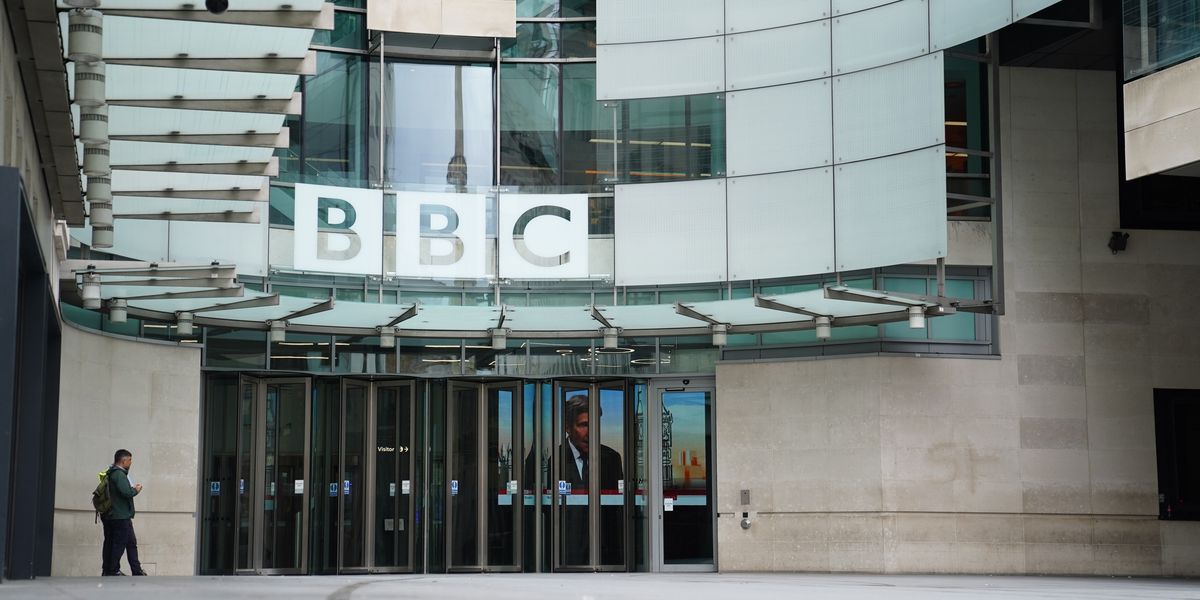BBC’s Coverage of the Israel-Hamas Conflict: A Deep Dive into Allegations of Bias
The British Broadcasting Corporation (BBC), a cornerstone of news media in the UK and beyond, has recently come under intense scrutiny following a report that claims it breached its own editorial guidelines over 1,500 times in its coverage of the Israel-Hamas war. This revelation has sparked a heated debate about media impartiality, journalistic integrity, and the role of public broadcasters in conflict reporting.
The Findings of the Report
The report, which emerged from a comprehensive four-month analysis of the BBC’s output across various platforms—including television, radio, online news, podcasts, and social media—was spearheaded by British lawyer Trevor Asserson. A dedicated team of around 20 lawyers and 20 data scientists utilized artificial intelligence to sift through an astonishing nine million words of BBC content. The findings were alarming: a total of 1,553 breaches of the BBC’s editorial guidelines were identified, particularly concerning impartiality, accuracy, and fairness.
The report articulated a "deeply worrying pattern of bias" against Israel, suggesting that the BBC’s portrayal of the conflict was skewed. It highlighted instances where Hamas’s acts of terrorism were downplayed, while Israel was depicted as a militaristic aggressor. This imbalance has raised serious questions about the BBC’s commitment to its own editorial values and the public interest.
Institutional Crisis and Calls for Inquiry
Danny Cohen, a former executive at the BBC, has voiced concerns about what he describes as an "institutional crisis" within the broadcaster. He has called for an independent inquiry into the BBC’s coverage of the Israel-Hamas conflict, arguing that the findings of the report necessitate a thorough examination of the corporation’s editorial practices. Cohen’s call for accountability underscores the gravity of the situation and the potential implications for public trust in the BBC.
Methodology and Criticism
While the report’s findings are significant, the BBC has expressed skepticism regarding its methodology. A spokesperson for the corporation stated that it would “carefully consider” the report but also raised “serious questions” about how the analysis was conducted. This response highlights the contentious nature of media analysis, particularly in politically charged contexts where biases can be perceived differently by various stakeholders.
The Role of Journalists and Perceived Bias
The report also pointed to concerns about the backgrounds of some journalists involved in the BBC’s coverage. Allegations surfaced that certain reporters had previously expressed sympathy for Hamas and even celebrated its actions. Such claims, if substantiated, could further undermine the credibility of the BBC’s reporting and fuel accusations of bias.
Public Reaction and Polling
In light of these findings, public sentiment is divided. The BBC has initiated a poll to gauge public opinion on whether it is perceived as anti-Israel. This move reflects the broadcaster’s awareness of the potential fallout from the report and its desire to engage with its audience on this critical issue. The results of this poll could provide valuable insights into public trust in the BBC and its perceived impartiality.
Conclusion
The allegations of bias against the BBC in its coverage of the Israel-Hamas conflict raise fundamental questions about the responsibilities of public broadcasters. As the media landscape continues to evolve, the need for transparency, accountability, and adherence to editorial standards has never been more crucial. The findings of this report serve as a reminder of the delicate balance that media organizations must maintain in their reporting, particularly in conflicts that evoke strong emotions and divergent perspectives.
As the BBC navigates this challenging landscape, the call for an independent inquiry may be a necessary step toward restoring public confidence and ensuring that its coverage remains fair, accurate, and in line with its own editorial guidelines. The implications of this report extend beyond the BBC, prompting broader discussions about media bias, accountability, and the role of journalism in shaping public discourse.
